Psychotherapy, Education and Nature Interconnected
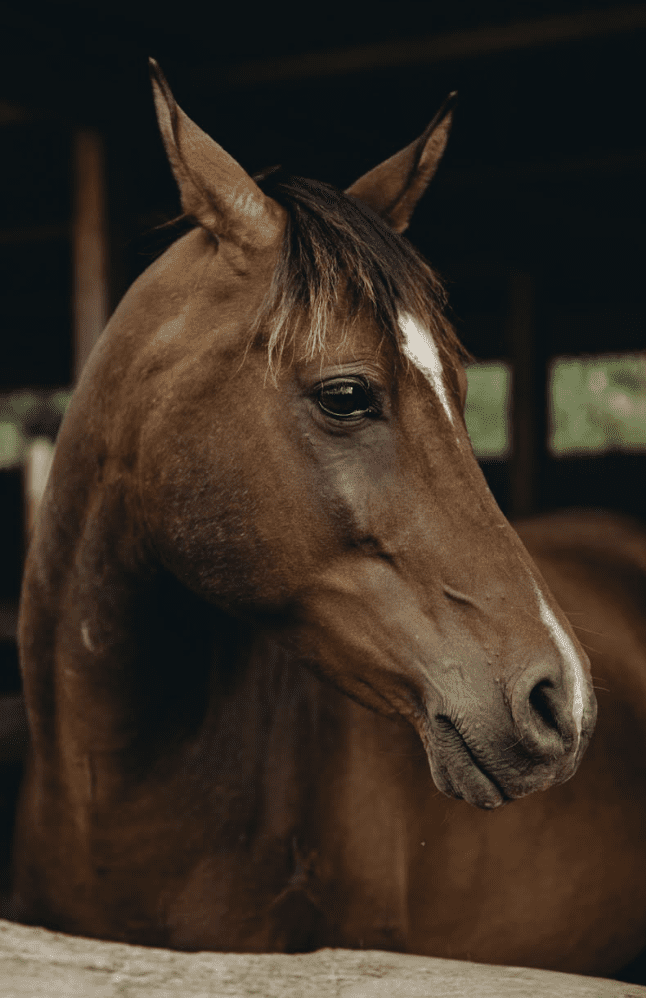
Welcome to the eaapi
We bridge science, nature, humanistic psychotherapy, and trauma competence to redefine healing and education.
Rooted in the profound bond between humans and animals, our nature-aligned curriculum combines therapeutic practices with experiential learning.
Our model fosters balance, compassion, and professional mastery, empowering practitioners to transform lives. Grounded in animal science, ethical horsemanship, and advocacy, we provide tools for lasting change in an increasingly disconnected world.
MEET OUR FOUNDER, MEG
At the heart of The Equine Psychotherapy Institute is Meg Kirby, a passionate advocate for the healing wisdom of horses, animals, and nature. Meg’s husband, Noel, and their two daughters live on a countryside property home to a herd of fourteen horses, three cats, and a kangaroo sanctuary. In other words… they’re serious animal lovers.
Meg’s career began in community mental health, evolving through child and family psychiatry before transitioning to private practice as a psychotherapist. After over two decades of working with clients of all ages, she felt compelled to train the next generation of practitioners, dedicating thirteen years to this specialist mission.
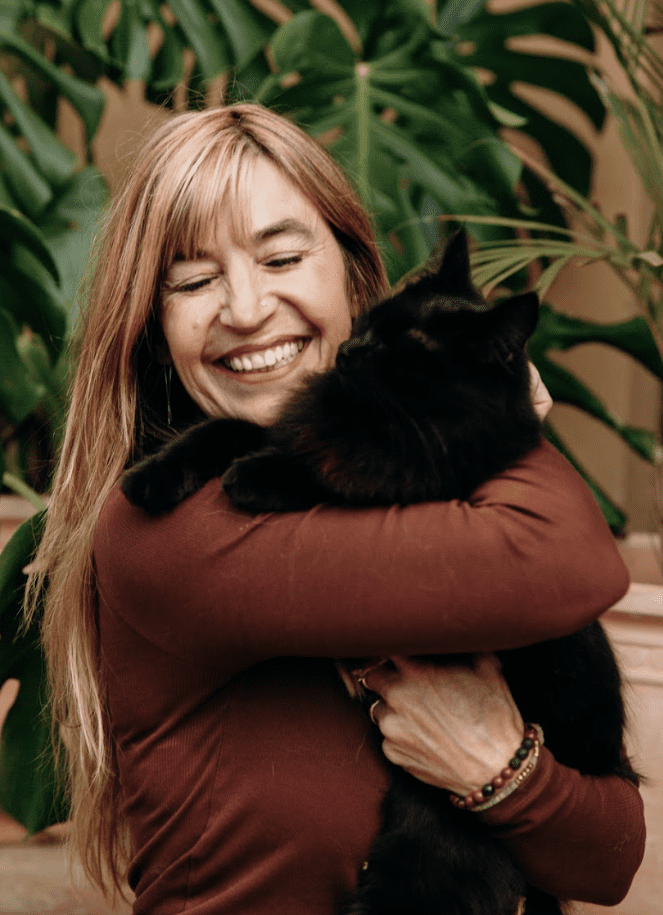
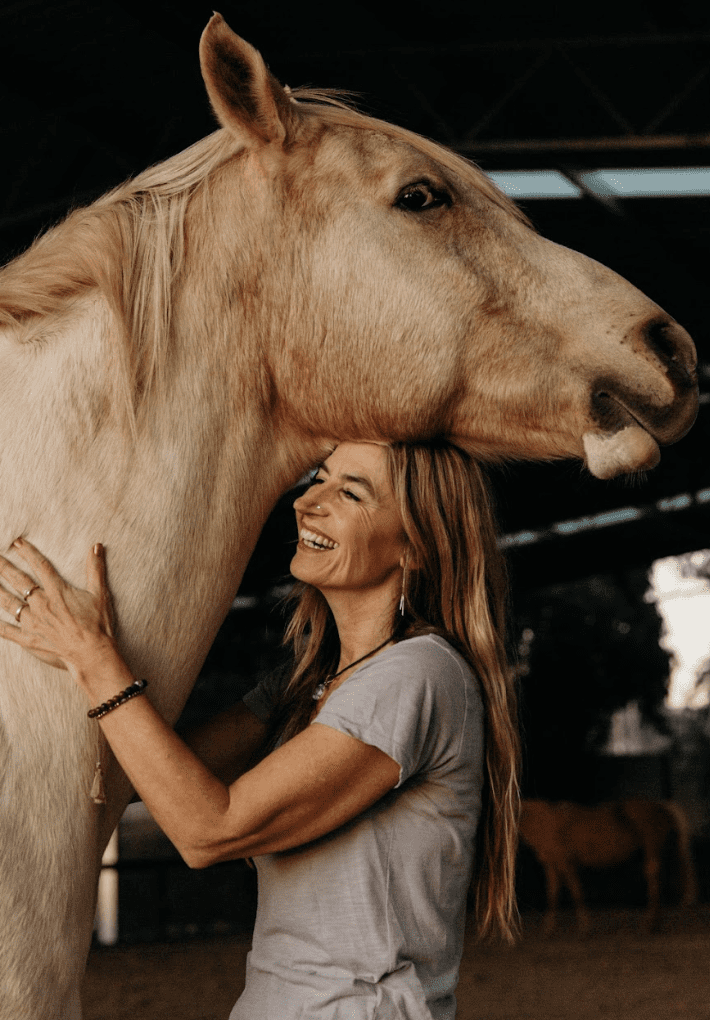
Meg's work offers an antidote to the modern issues many face, exploring balance and wellbeing through the healing power of awareness, compassion, connection and nature.
After the birth of her first daughter, Meg craved a slower-paced life and a deeper connection to nature for her family. This desire led her to the countryside, where horses first came into her life and pivoted her career path. In 2011, she created the Equine Assisted Psychotherapy and Learning Institute Model, which now encompasses all animals and nature-inspired learning, through the curated AWARE approach addressing the need for comprehensive educational frameworks and competence in this field. Her training is grounded in neuroscience, humanistic psychotherapy, ethical horsemanship and animal advocacy, and the natural harmony that is foundational to true well-being.
As a leader in the field, Meg has been refining her curriculum for over thirteen years and actively participates in several global committees shaping the future of equine and animal-assisted services worldwide. She looks forward to connecting with you and supporting your journey through the horse-human connection, the human-animal bond, nature-based wisdom and science-backed approaches that are changing the world.
PROUD MEMBER OF

Meet Our Faculty Members
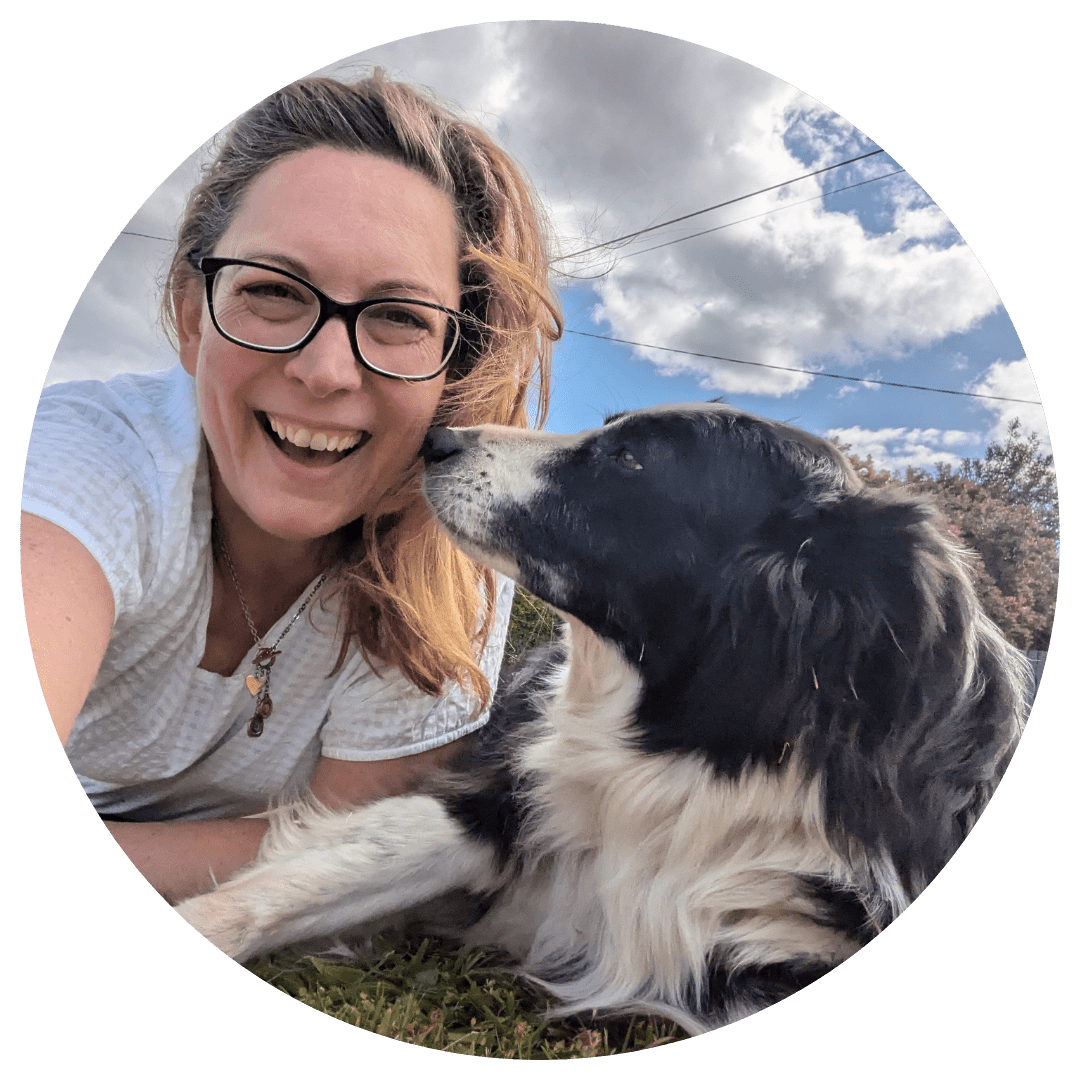
Stacey Andrew
Administrator & Student Manager
Student manager and master support coordinator with a background in customer service and tourism, Stacey brings a zest for life, a love of animals and is the point of contact for public enquiries and student needs being met along their training journey with the Institute.

Paula Jewell
Project Manager, Trainer & Supervisor
Institute trainer, ACA counsellor, animal advocate and specialist combining years of human services experience with a passion for animal advocacy and professional education. Paula excels at delivering support and programs that bridge the therapeutic power of animals with human well-being.

Noel Haarburger
Specialist Trainer
Psychologist, Gestalt therapist, and trainer specializing in trauma, somatic experiencing, and animal-assisted psychotherapy, Noel integrates Buddhist principles and non-dual spirituality into his therapeutic practice.

Valence Williams
Equine Specialist
Equine coach, Institute Model EAL Practitioner and meditation teacher, Valence combines science-based and bio-mechanics focused horsemanship with a passion for meditation and equine-assisted practice to guide individuals toward deeper connection and learning.

Jo Curry
Research & Student Support
With a background in Biology, an Honours in Zoology and PhD from Melbourne University Veterinary School, Jo brings a talent for research together with a lifelong love of animals and a passion for Institute model equine assisted practice.

Maelani Mills
Trainer & Supervisor
Institute practitioner, supervisor, and yoga teacher blending self-awareness with the transformative connection of equine-assisted learning, inspiring students to explore holistic healing through mindful practices.

Sue Lamond
Supervisor
PACFA psychotherapist and advanced equine assisted practitioner passionate about trauma therapy and leadership development through equine-assisted psychotherapy. Sue has dedicated years to fostering resilience and personal growth in rural communities.

Louise Atkinson
Supervisor
ACA Level 3 counsellor, business coach and EAP practiitoner specializing in trauma recovery in Western Australia, Louise is also recognized for her innovative programs in addiction recovery and personal development.
OUR MISSION
Elevating the field of equine-assisted and animal-assisted psychotherapy and education by empowering practitioners with leading-edge knowledge and unwavering ethical competence to facilitate transformational learning and healing processes.
OUR VISION
Rewilding psychotherapy and education as a global standard in mental health care, personal and professional development, and social-emotional learning using the integration of the human-animal connection and nature immersion.
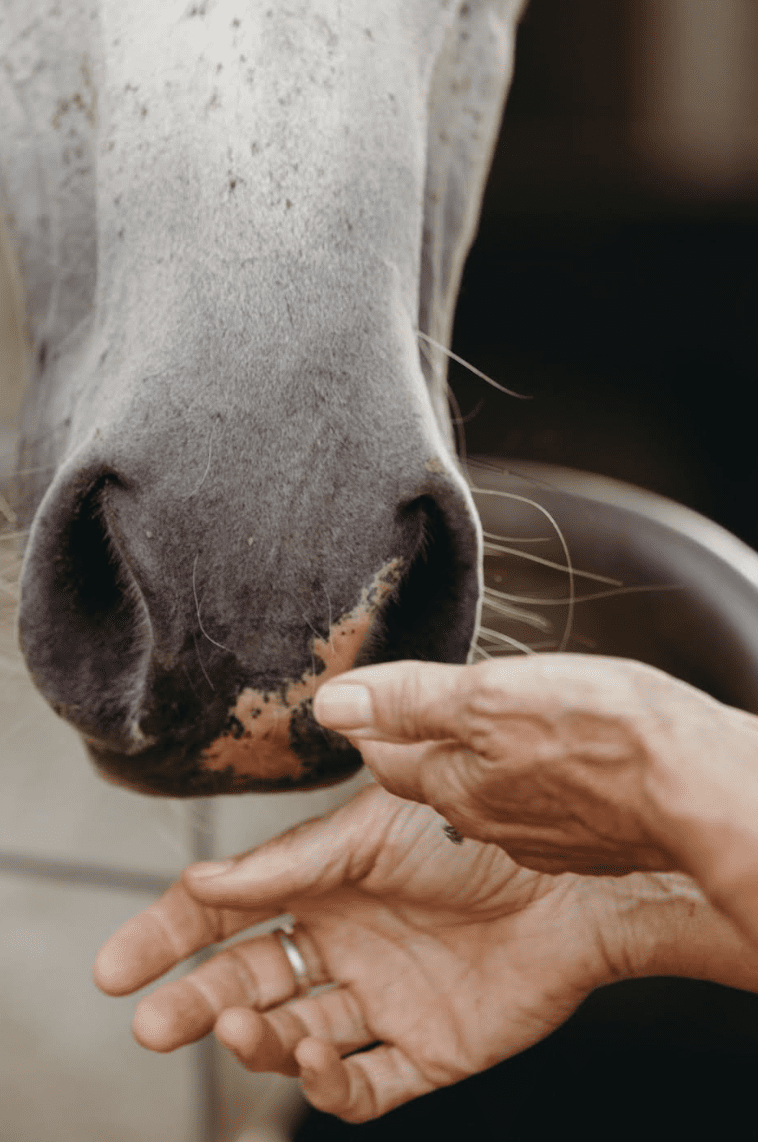
the eaapi ethos
Our ethos is anchored in integrity, compassion, and collaboration, fostering a culture that honors the profound connection between humans, animals and the natural world.
We believe in the transformative power of relationships and prioritize ethical practices that support holistic well-being. Our dedication to specialist education and professional excellence creates an environment where practitioners, clients, and animals can thrive. We strive to nurture a community rooted in authenticity, openness, and humility, promoting healing and understanding that wellness is deeply tied to the interconnection between people, animals, nature, and the planet.
